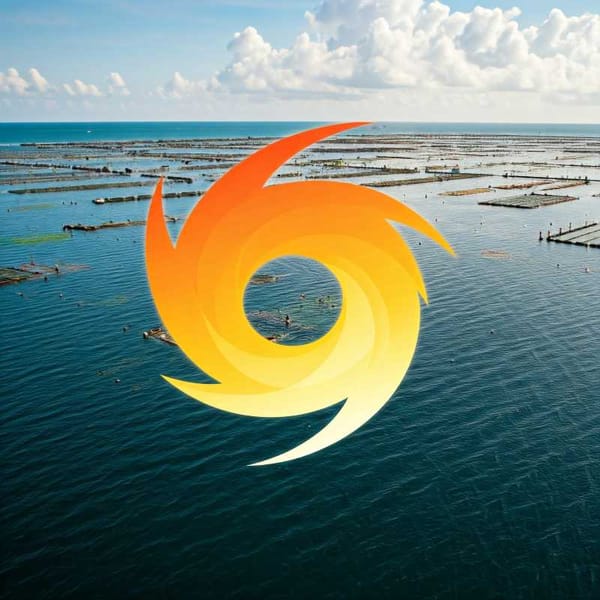Pope Francis' "small coup" in limiting the power of Opus Dei
The members of that institution have great skills, relationships, and experience to "turn around" modifications.

The members of that institution have great skills, relationships, and experience to "turn around" modifications.


A study in Plos One reveals a 1,817-hectare mangrove loss in northwest Mexico (2015-2020). Researchers used Google Earth Engine to analyze satellite imagery, finding losses concentrated in Sinaloa due to aquaculture and Hurricane Willa, while Baja California saw minimal change.

Mexico’s tacos, festivals and crafts aren’t just cultural gems—they fuel 2.9% of GDP (815B pesos) and 1.5M jobs. Heritage like Day of the Dead, rain rituals and artisanal crafts prop up the economy, proving tradition can be a financial powerhouse.

For 30 years, Popocatépetl (aka Don Goyo) has been erupting, baffling scientists who've studied it since before its 1994 reactivation. From mapping hazards to analyzing ash, their research has spanned decades, even involving a presidential briefing.

Urban planning is key to sustainable transport, says UNAM expert Manuel Suárez Lastra. Compact cities with mixed-use zoning encourage walking and cycling, reducing reliance on cars and their carbon footprint.